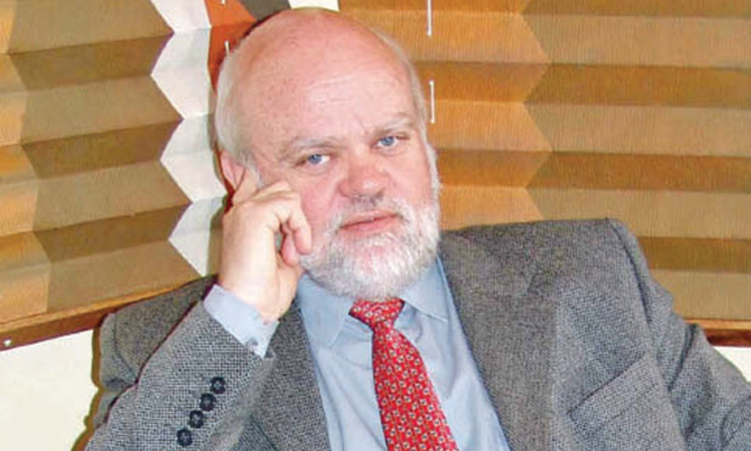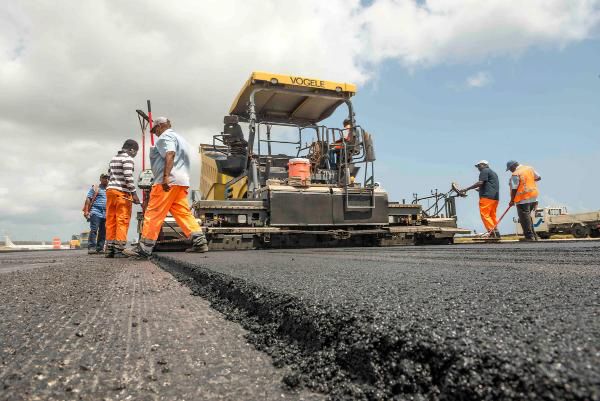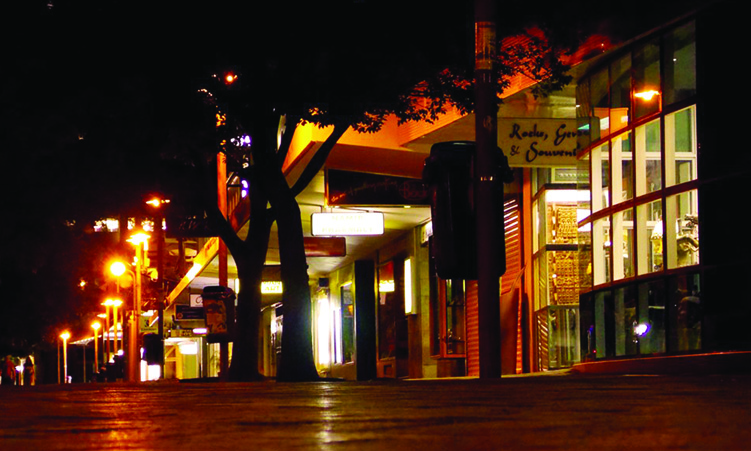Our country is open for business.
This was the chorus line espoused here at the Southern African Development Community (SADC) industrial week in Harare of bureaucrats heading investment promotion agencies.
During the country presentation segment of the event, it seemed investment promotion agencies were trying to outdo each other, as all claimed their country was the gateway to the SADC market and a huge number of consumers.
The event in Zimbabwe’s capital is the precursor to the annual SADC heads of state summit.
Formed by nine independent southern African states in the 1980, as the Southern African Development Coordination Conference (SADCC) and forerunner of the socio-economic cooperation pillar of the SADC, membership now comprise 16 countries.
Development, economic growth and poverty alleviation are the primary goals of the SADC, but, given political volatility and the resultant political instability in some countries, as well as the porous borders of member states, security and peacekeeping have become increasingly important.
As for economic development, are the SADC member states really open for business?
For foreigners possibly, but this is to be doubted when asking the entrepreneurs of many SADC countries about the ease of doing business in their countries.
This especially after they had embarked on their entrepreneurial journey and when it comes to statutory compliance requirements.
A sub-continent comprised of countries open for business is not only desirable, but something everyone would love to see.
Isn’t it mythical to believe governments create wealth and jobs, but factual that a government has the ability and responsibility of creating an enabling environment to facilitate wealth and employment creation.
Entrepreneurs identify opportunities in the market, then gather resources to start a business venture to meet the identified needs, later growing that enterprise to create even more wealth and employment.
Others follow suit and do likewise – they see business opportunities, embark on their entrepreneurial journey, and employ people.
An entrepreneur bears the risk of starting and growing a business, so it is a no-brainer that this entrepreneur must be rewarded with profit if the enterprise succeeds, and it is this entrepreneur who is up for a bruising when the enterprise fails.
A conducive, enabling and business-friendly environment is that fertile field in which the entrepreneurial seed will be sown and grown.
In such an environment, a fair and balanced legal system exists in which contracts and agreements are enforced without fear or favour.
It is an environment in which bureaucracy facilitates the registration of a business by locals and in all dealings a business has with the public sector.
Taxation must not be set at punitive rates and must be administered in an efficient and simplified manner – easy to understand and to comply with.
Financial service providers and others must offer diverse options when it comes to funding required to start or grow a business.
A business rescue protection arrangement must exist for newcomers who stumble, with failure destigmatised and viewed as a learning experience.
SADC countries, please do be open for business and entrepreneurs will do the rest – with a little help.
Today is Respect for Parents Day and respecting parents goes beyond obedience.
Dear reader, if you are not already doing so, show gratitude, love and admiration for the sacrifices your parents have made or are making in raising you and providing in your needs.
Acknowledge their wisdom, guidance and the impact it has on shaping your character and values.
- Danny Meyer is reachable at danny@smecompete.com
Stay informed with The Namibian – your source for credible journalism. Get in-depth reporting and opinions for
only N$85 a month. Invest in journalism, invest in democracy –
Subscribe Now!






